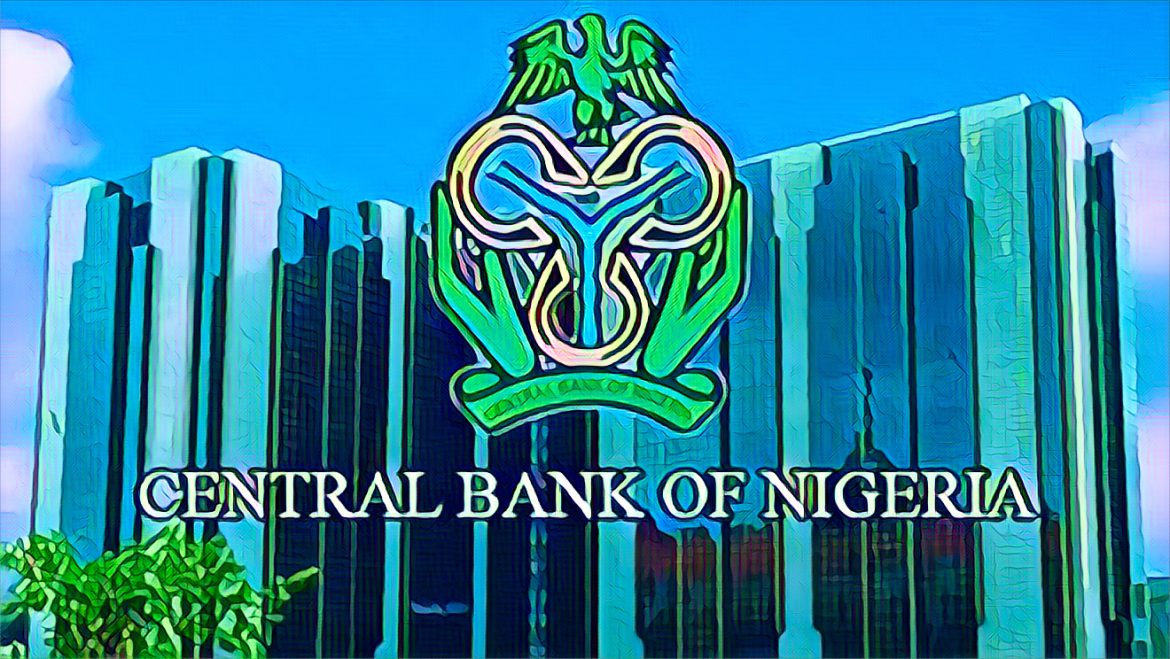Nigeria’s battle against soaring inflation continues unabated as the Central Bank of Nigeria (CBN) grapples with an inflation rate that remains stubbornly high. Despite a range of reforms aimed at curbing the rising cost of living, the consumer price index has hit a 28-year peak. The latest figures reveal that inflation accelerated to 34.19 percent in June, up from 33.95 percent in May 2024. This persistent increase is expected to prompt the CBN’s Monetary Policy Committee (MPC) to consider another interest rate hike on Tuesday.
The consistent rise in inflation for the past 18 months has further eroded the value of the naira, leading to decreased purchasing power and pushing many Nigerians below the poverty line. According to the World Bank, more than 87 million Nigerians now live in poverty, making Nigeria the second-largest population of poor people globally, behind India.
At the recent BusinessDay CEO Forum, CBN Governor Olayemi Cardoso noted that while the monthly inflation rate had decreased by 50 percent between February and May, indicating some progress, the overall picture remains troubling. Despite this, the month-on-month inflation rate actually increased slightly from 2.14 percent in May to 2.31 percent in June 2024.
Cardoso explained that the inflationary pressures in the country have been driven by several factors. These include disruptions in supply chains, rising energy and food prices, the removal of the petrol subsidy (PMS), currency exchange rate adjustments, and widespread insecurity. The CBN’s first macroeconomic outlook report highlighted these as key contributors to the current inflationary environment.
Economist Samson Simon from ARKK Economics & Data Limited predicts that inflation will likely stay high throughout the year. He suggests that while the pace of price increases might slow due to a good harvest and the government’s decision to allow tariff-free food imports, the overall economic conditions will remain overheated.
In light of the high inflation rates, analysts at Coronation Registrars anticipate that the CBN will implement another hike in the Monetary Policy Rate (MPR). If this occurs, it would mark the fourth rate increase this year. The MPR, which serves as the benchmark interest rate, has already been raised by 750 basis points to 26.25 percent since February. However, this increase has yet to effectively mitigate the soaring inflation.
Coronation Registrars’ report underscores the likely continuation of high interest rates. It states, “Experience tells us that nothing stays the same, but today’s inflation print, at 34.19% y/y for June (May: 33.95%) does not augur well for a CBN rate cut next week. So high rates are likely to persist for a while yet, in our view.”
Despite these rate hikes, the CBN’s attempts to control inflation have faced challenges. Simon warns that the aggressive increase in rates might not yield the desired effects and suggests that the CBN should consider the lag time of monetary policy before taking further drastic measures. “As monetary policy has a long and variable lag, the CBN should not be too hawkish and for too long,” he advises.
Shuaib Idris, managing director at Time-Line Consults, adds that increasing the MPR further may not reduce inflation effectively. He argues that the government should focus on removing excess liquidity from the economy. Idris explains that current liquidity levels have driven the naira to approximately 1,560 per dollar, far from the ideal value of around 900 naira per dollar. He emphasizes the need for a liquidity squeeze to address this issue.
Higher interest rates might control inflation in the short term but could hurt businesses by increasing borrowing costs. This rise in costs often gets passed on to consumers, reducing their purchasing power and adding pressure on their spending.
PwC’s Nigeria economic outlook report notes that while higher MPR might attract investors to the fixed-income market due to higher yields, it adversely impacts borrowing costs for businesses. This, in turn, could dampen economic growth.
Food inflation remains a significant driver of Nigeria’s overall inflation, accounting for more than half of the consumer price index. According to the National Bureau of Statistics (NBS), food prices surged to 40.87 percent in June 2024, up from 40.66 percent in May. Essential items like garri, yam, rice, and tomatoes have seen price increases exceeding 100 percent over the past year.
PwC attributes the rise in food inflation to factors such as low agricultural productivity, poor logistics, and ongoing insecurity in food-producing regions. Analysts argue that addressing these issues requires more than just monetary reforms. Simon stresses the need for complementary fiscal measures to tackle the root causes of inflation.
He points out that while the CBN’s focus is crucial in managing inflation, it alone cannot address the food inflation issue. Improving agricultural productivity and ensuring safety for farmers are essential steps to increasing food supply and stabilizing prices. Simon highlights the necessity of addressing insecurity in farming areas and improving access to affordable farm inputs as vital components in the fight against inflation.


